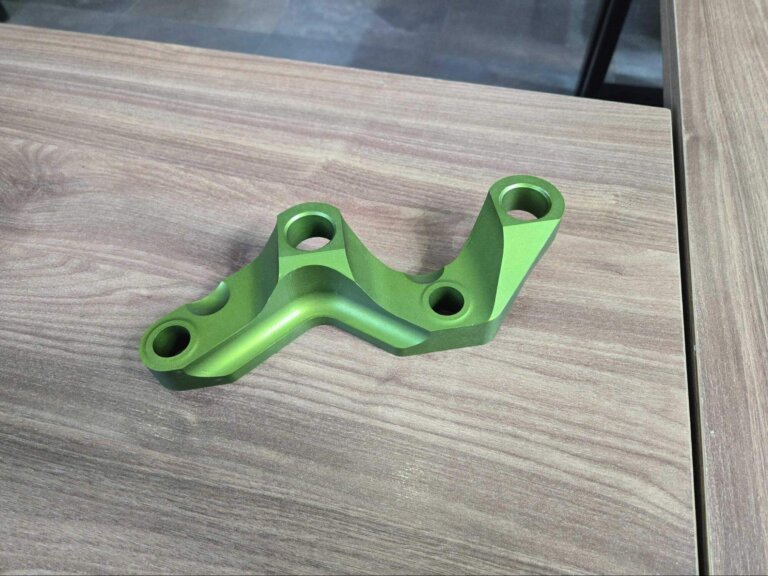By signing up, you agree to our Terms of Use and Privacy Policy. We may use the info you submit to contact you and use data from third parties to personalize your experience.
Thank you for submitting, someone will reach out to you within 1-3 business days.








